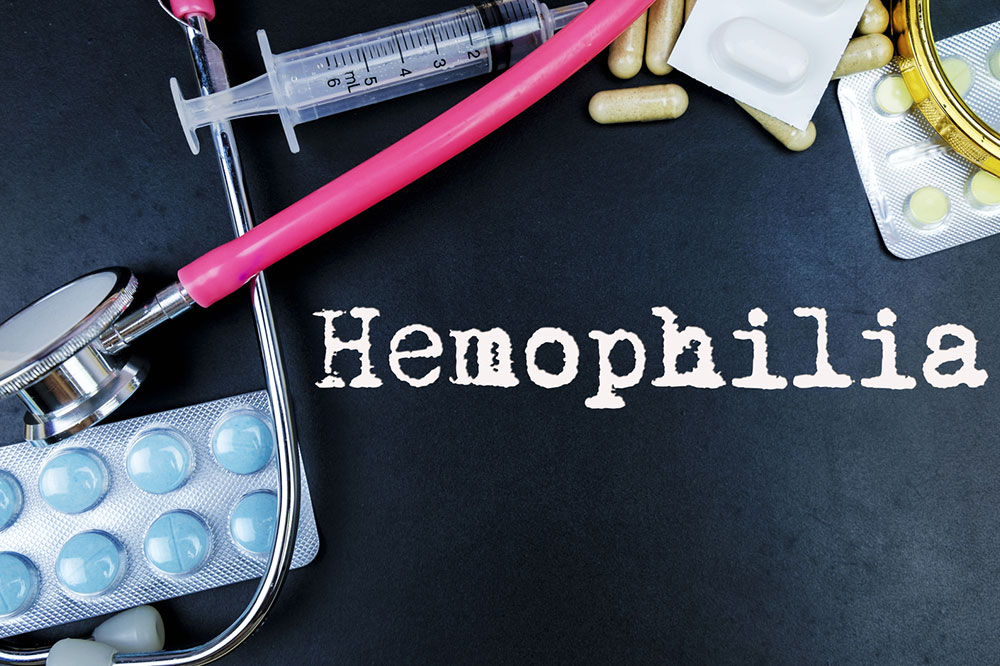
4 Probable Risk Factors for Hemophilia
Hemophilia is a kind of bleeding disorder. It is usually caused by mutations in the genes, which affects blood clotting. These mutations code for blood-clotting factors, like VIII, IX, or XI. In short, it is an inherited disorder. It is a kind of condition where blood does not clot. As a result, some people experience excessive bleeding occurs or have low blood-clotting abilities.
Possible risk factors for hemophilia
Listed below are a few risk factors for hemophilia.
Men with a family history of hemophilia
If a male is born into a family where his relatives have had hemophilia, he might be at the risk of attaining the disorder. To understand this, we will have to delve a little bit into genetics. A male garners an X chromosome from the mother and a Y chromosome from the father. However, a female garners X chromosome from both the parents. Mothers pass the defect of hemophilia, which is found in the X chromosome. This is also known as X-linked inheritance. This is not the case with daughters because they acquire two X chromosomes and, thus, are rarely affected.
Pregnant women
A pregnant woman can be a carrier of hemophilia. The mother can then pass it to her children. A woman who inherits one affected chromosome (X chromosome) passes the affected gene, as she is the carrier. Also, if a woman is the carrier of the affected gene, the chances are that she might even exhibit the symptoms of hemophilia. Many doctors believe that women who carry involved genes may also have mild hemophilia.
Age
Although age is quite a rare risk factor of hemophilia, there is still a possibility that a person may acquire hemophilia at the later stage of life. A majority of cases of hemophilia are seen in middle-aged people or people who are elderly. Management of blood-clotting issues, bleeding disorders, and the development of inhibitors may also become severe in the elderly.
Medications
Certain medications could aggravate the situation when a person already has hemophilia, and these may, in turn, prevent a person from recovering. These include medicines that can increase bleeding, such as ibuprofen (Motrin IB, Advil, and many others). In case the pain persists, medications such as acetaminophen can be used. Also, blood-thinning medications that prevent blood-clotting should be avoided at all costs. These include warfarin (Jantoven and Coumadin), prasugrel, and clopidogrel.
Though hemophilia cannot be prevented, you can always take the option of genetic counseling to identify the carriers. This is done with the help of molecular genetic testing and prenatal diagnosis. The main treatment for hemophilia is replacement therapy. In this, clotting factor IX (hemophilia B) and VIII (hemophilia A) are either injected or dripped into a vein. These, in turn, help replace the clotting factor that is either low or missing.


